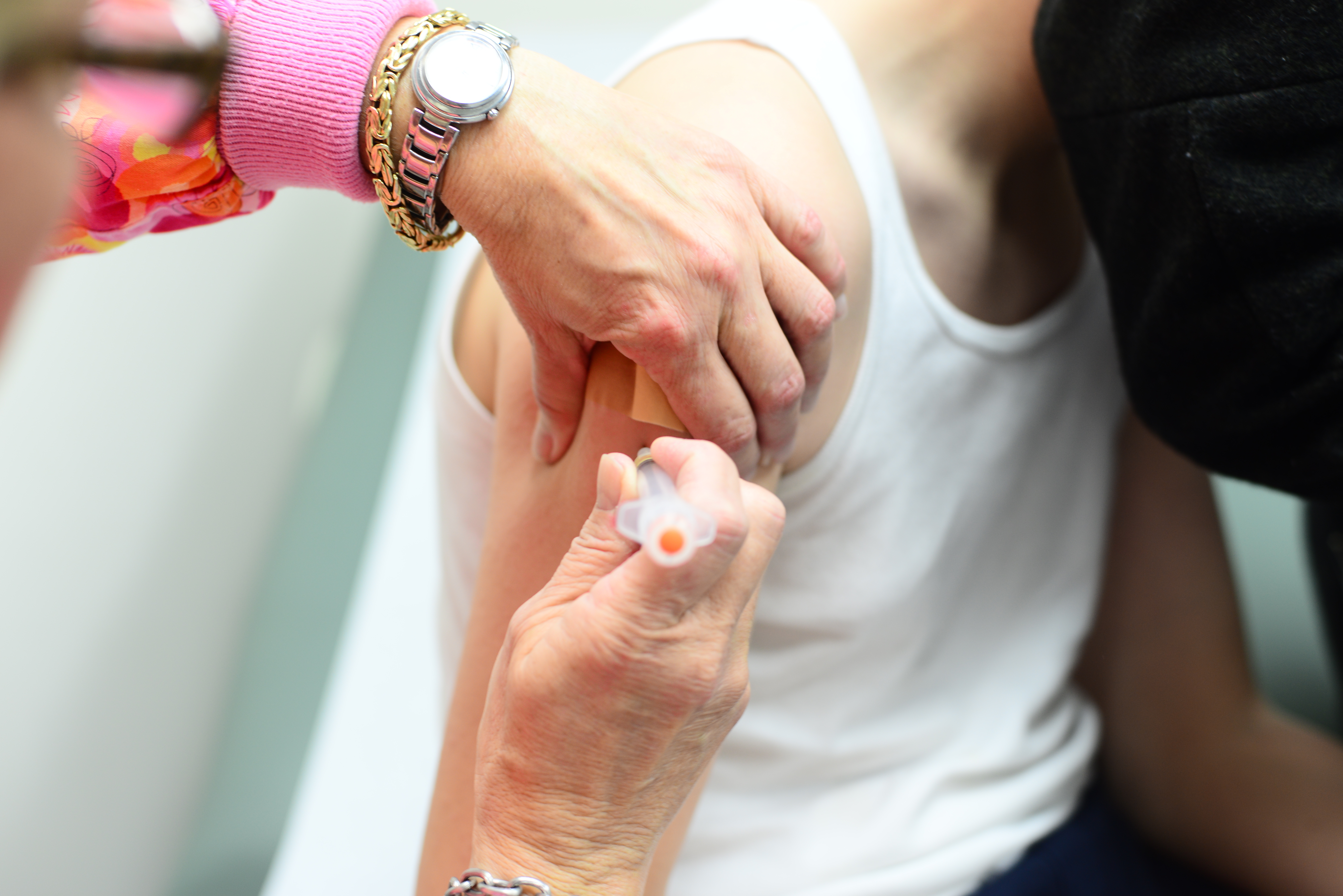by Tatum O’Brien
According to the U.S. Centers for Disease Control and Prevention (CDC), human papillomavirus (HPV) vaccines have been subjected to years of widespread testing, and are safe and effective in providing ongoing protection against cancers triggered by the virus.
Although more than 100 countries have approved HPV vaccine programs for females and more are extending the recommendations to include males between the ages of 9 and 26, there is still controversy surrounding these universal vaccine programs.
What is HPV?
HPV is the most common sexually transmitted infection in both sexes, with more than 6.2 million new cases are diagnosed in the U.S. alone each year. Worldwide, HPV infection is responsible for almost half a million cases of cancer and over 250,000 deaths each year. Many HPV infections are asymptomatic and subclinical in nature, but some have been found to cause cervical, penile, anogenital, vulvar, vaginal, and oropharyngeal cancers. For females, the risk of cervical cancer and the potential for prevention of the disease encouraged widespread adoption of the vaccine in 2006, and the rise of genital lesions, as well as cancer of the penis, anus genitals in males has prompted the expansion of the vaccine to both sexes in 2009.
An Ethical Dilemma
For some parents, HPV vaccination is an ethical dilemma, because they see it as potentially encouraging sexual contact at earlier ages. This is the basis for the “moral, religious, political, economic, and sociocultural arguments” discouraging mandatory administration of the vaccine. Opponents also cite the inherent right of parents to make decisions regarding their children’s sexual health. But as public education improves, government-mandated vaccination programs increase, and the benefits of vaccination related to cancer prevention outweighs these controversial issues, the adoption of universal HPV vaccination continues to increase.
For female patients, the belief that the vaccine will prevent cervical cancer seems to carry more weight than the opposing view that vaccination will promote earlier sexual activity and riskier sexual practices. According to one study published in the journal Pediatrics, the most frequent reasons parents went against physician recommendations and did not vaccinate teenage girls were either a lack of knowledge about the vaccine or that the girls were not sexually active and therefore did not need to be vaccinated.
Since overwhelming evidence favors administration of the HPV vaccine to prevent cancers caused by HPV infection and the risks of the vaccine are comparable to that of other vaccination programs, vaccination rates are increasing, according to CDC data. In 2017, nearly half of all adolescents in the U.S. were up-to-date on the HPV vaccine, and about 66 percent between the ages of 13 and 17 had received the first dose in the vaccination series. Still, 51 percent have not completed the three shot series and vaccination rates were 11 percent lower among those living in rural locations than in urban areas.
Despite the fact that many states appear to endorse the administration of the HPV vaccine, only three—Virginia, Rhode Island, and the District of Columbia—require vaccination to attend school, and opponents continue to believe that HPV vaccination is sending a mixed message to young people regarding premarital sex and risky sexual behaviors.








Leave A Comment